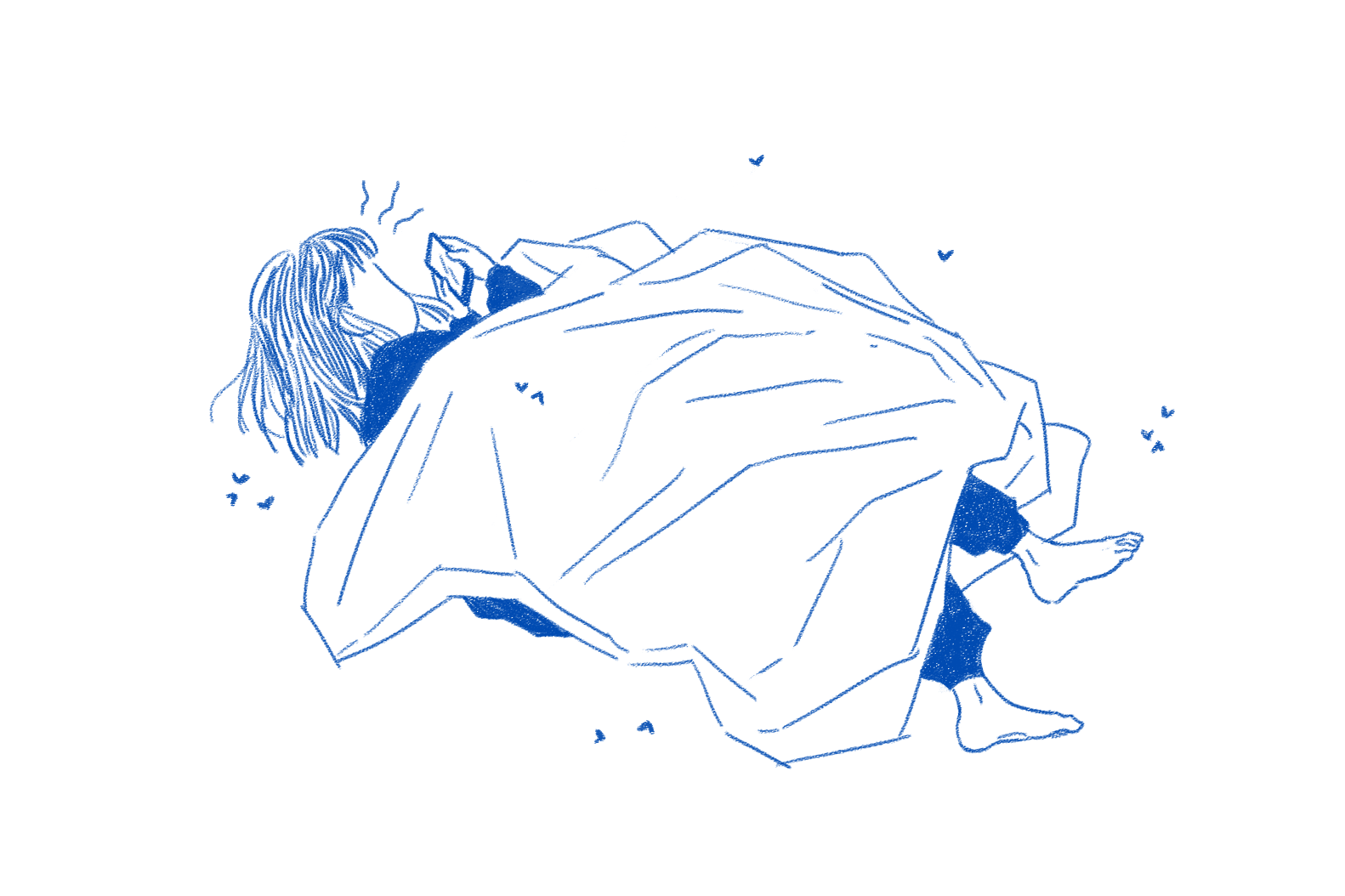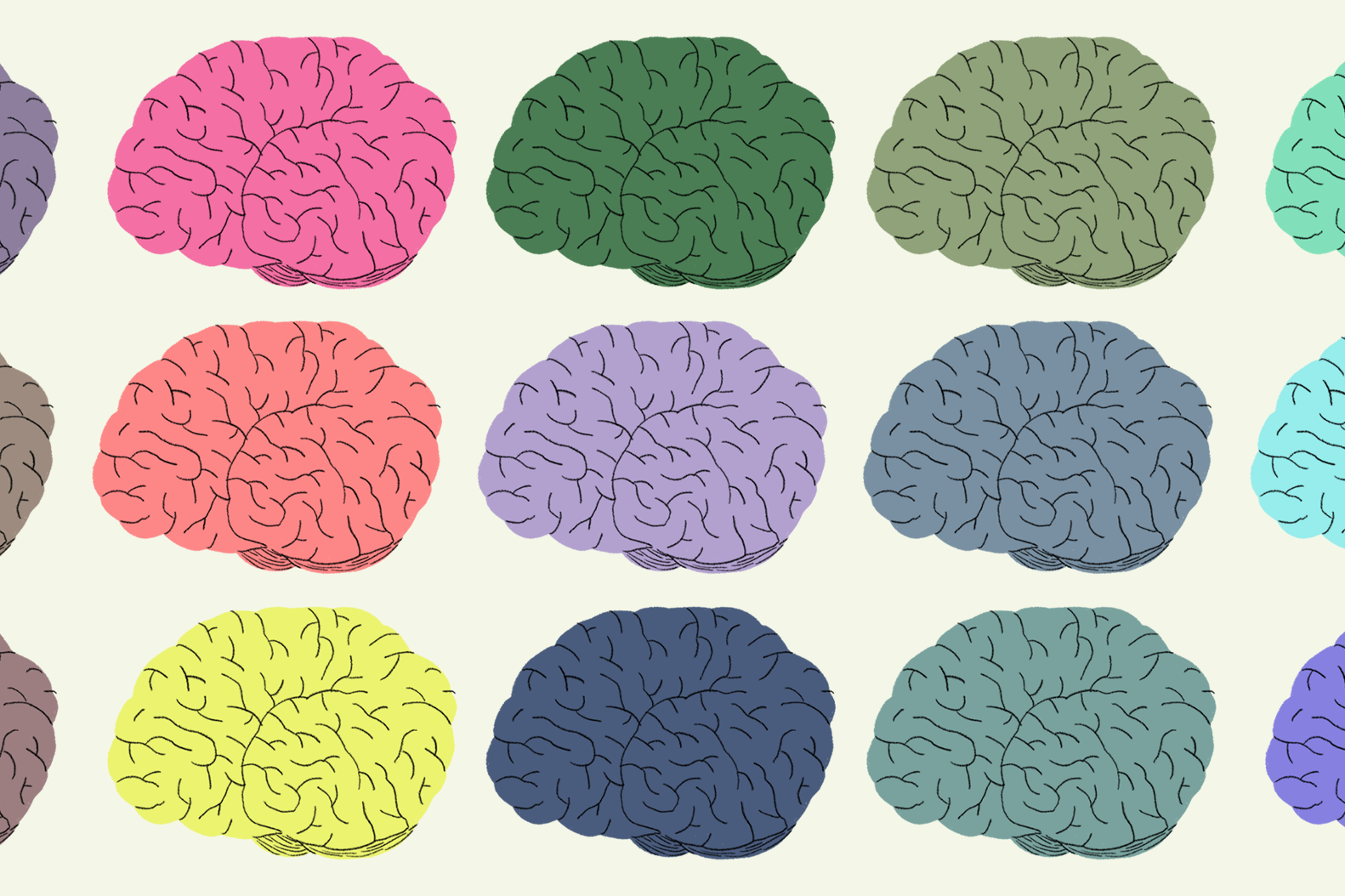It was the third week of January, 2015 – my first year of university.
I received a phone call. The voice said my best friend was in hospital. He’d met with a road accident and was fighting for his life. I didn’t believe it though – my friend had always joked that he’d die young. Without much thought I headed over.
When I arrived, the atmosphere was solemn. His red-eyed mum was slumped against the wall, on her knees. His dad held her, as the rest of the family stood with heads down.
I was directed into the emergency ward. The doctors had resuscitated him. He just left the operation theatre and the next 72 hours were critical.
I stared from behind the glass. His friend turned to me, smiling weakly, “It’s not a joke this time…” He looked down, and back at me. “Go in. I’m sure he would’ve wanted you here.”
I went in and was completely shaken. The motorcycle accident had disfigured his face beyond recognition.
His skull was fractured and he’d suffered a stroke on the right side. Eyes barely open, the left side of his face was swollen, bruised and purple. Bandages tried in vain to contain gaping wounds.
I tried to pray, but didn’t have the words. I just cried, begged, “He isn’t a believer yet. Jesus please don’t take him. Please.”
It was painful to believe that God can take anyone, at any time.
It was painful to know that His sovereignty allows the death of the ones closest to us.
That was perhaps the longest night of my life.
The arduous 72 hours passed and his heart rate and blood pressure stabilised. Thank God!
Then the routine started: His parents came after work to check up on him while bringing food and drinks for visiting friends. His grandparents took turns to help. They knelt beside his bed, whispering prayers while tenderly wiping his face, arms and feet.
Wanting to help, I stopped attending lessons in school to become my friend’s round-the-clock caretaker.
When he came to, the effects of brain trauma grew apparent. Memory and psychomotor function were severely compromised. The right side of his body was paralysed neck-down. His memory flickered back in spurts, reminding him of the utter helplessness of his condition. His pent-up frustration was only aggravated by the concern of others.
His outbursts were, doctors said, the result of the damaged pre-frontal cortex – that was where complex cognitive behaviour, personality expression, decision making, and will to live were processed. Reparative surgery, however, was too risky. We’d have to be patient and lend him strength to recover on its own.
According to doctors, it was a miracle for him to survive the accident and regain consciousness within two weeks. Most patients remain in a vegetative, comatose state for a few months.
Wow. But I struggled to count any blessings.
I remember how athletic he was before. The exasperation must’ve been insane.
He would try to stand on his bed and fall over, “to leave the enemy camp”. His caring parents would bear the brunt of his tantrums and curses.
Lost in anger, he wouldn’t eat or sleep. He was disoriented and confused. I wonder if he even knew why he was in hospital.
His nicotine cravings came back – his parents didn’t know he smoked. The withdrawal symptoms and constant presence of others only served to magnify his frustration.
Once, after a nurse made her rounds for his ward, he grabbed my hand and whispered, “Take me to the rooftop. After I die, this will all reset. I won’t be handicapped. This is all a dream. The enemy just wants to mess with my mind. After I jump, it will return to how it was.”
He trusted me with his suicide. I knew we still shared a connection but the resolve in his eyes broke me. I couldn’t even chastise him because his reality was distorted by the head trauma.
A few feet away, his family was preparing healthy snacks for him since he detested hospital food. I could only try to distract him from these thoughts, hoping he’d forget eventually.
The season took a heavy toll on me. My exams were due in a few weeks, and I was too emotionally drained to think of anything other than my injured friend, whose life hung on the thinnest thread conceivable. I tried in vain to study. GPA was the least of my concerns. The endless concerns barricaded my mind.
I didn’t know how to comfort him. He didn’t even think I was real! Sometimes I’d be the enemy. Sometimes I’d be his confidante. But nothing I said seemed to get through. I cried out to God.
Taking care of him was like an abyssal void that resisted its own restoration. Worse still, it sucked me in. To numb the pain, I turned to smoking and drinking. I occasionally found myself woken up abruptly by choking on my vomit in my room on campus. The migraines started.
Every day, I’d casually pop a few Panadols before heading down to the hospital. It wasn’t like painkillers and cigarettes could soothe my pain, I just needed their placebo to calm down before I saw him from 7am to 11pm.
The emotional blackmail was unbearable. “No, if you’re my friend. you’d help me. Just go away if you won’t help,” he’d say.
Despite abandoning prayer by then, God pursued me. I’d been socially isolated and popping painkillers in school when some university friends contacted me. They’d noticed I hadn’t been attending any classes and were concerned.
In that moment as I spilled the truth of the matter to them, light came rushing in and shone on the dark places of my heart.
I realised that my saviour complex had revealed my distrust in God. I was selfish and impatient. In playing god to my friend, I was hindering God’s grace. I’m only human, how could I strive to be everything to my friend?
There is already One loves him more than I could ever do. Painfully, I decided to surrender the entire situation to God. Though my questions persisted, my priority became how I could align my thoughts, behaviour and attitude to loving Him.
I learnt that loving people didn’t mean suffering deeply with them despite being exhausted and completely drained of life. Instead it meant being fully present, ready to love others as I love myself. God assured me that this was only possible when I sought God first, above all things. I surrendered my heart completely to Him, in all its broken pieces.
I fixed my eyes on Him and He helped me see.
First, joy: I learnt to glory in sufferings, because we know that suffering produces perseverance; perseverance, character; and character, hope (Romans 5:3-5).
My friend completely changed. His diligence and perseverance rendered the physiotherapy highly successful. Soon enough he was back on his feet.
Jesus desires more than just our physical healing; he desires to restore us to wholeness, starting from within.
Over time, he progressed beyond the need for rehabilitative training to perform day-to-day tasks. By grace, he’s even been restored to his athletic state. Though the right side of his body remains slightly weakened, he now participates in numerous competitive sports in university. Nobody would’ve guessed what he’s been through.
Holding on to Jesus’ unwavering hope has sustained and strengthened me greatly. If you have a loved one who is suffering or in a demanding situation right now, know that the Jesus desires more than just our physical healing. He desires to restore us to wholeness, starting from within.
His death didn’t just give us life, but life abundant – through pain, struggle and death. For from Him, through Him, and for Him are all things. We find life, from now to eternity, through Him alone.
If you’ve lost all hope, look to Him and He’ll help you see.









